Watching Dave’s video:
Interested in the RSS reader at the side. And the mention of FeedLand.
Posting this from WordLand;-)

Watching Dave’s video:
Interested in the RSS reader at the side. And the mention of FeedLand.
Posting this from WordLand;-)
Read: Extremophile by Ian Green ★★★ 📚
A note on Scrim’s eyes. He is proud of the eyes. (I’m proud of the eyes, baby, he is heard to say often.) Eye tattoos across the sclera with polarised something in them, micro-LED implants, he thinks, and his eyes shine and glow like the devil himself, if the devil himself followed a very western European late nineteenth-century vibe (which for Scrim he certainly does, baby).
Punks, biohackers, climate-collapse & eco-terrorism. London after societal collapse. A super villain, a mole person, breathless thrills & violence with a little nature writing thrown in. A bit too sweary & headlong for me.

#SilentSunday
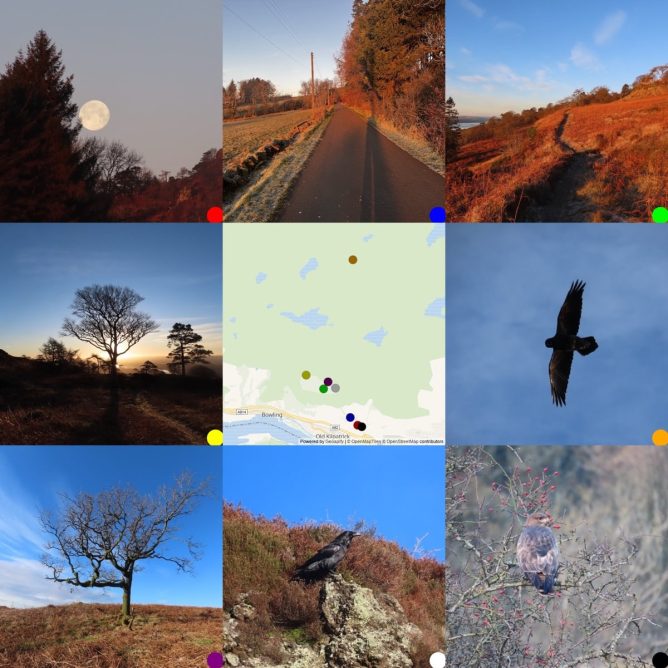
I arrived at the Kilpatrick hills car park at dawn this morning. It was already pretty full. Frosty with a clear sky. The full moon going down. More folk than usual on the tracks and paths. Saw a few redwing feeding on hawthorn along with blackies & thrushes.
Beautiful warm light to start, long shadows.
The frozen ground was much nicer than the usual bog between Loch Humphrey and Duncolm.
On Duncolm a raven circled diving & twisting with quiet croaks. Seemed unfazed by me and came quite close, shining in the sun. Saw a few more on the way back. A little egret in the horse field. I wonder if they come to the field when the tide is high. I saw this one at 12:30 and high tide at Old Kilpatrick was at 12:40 today. I’ll try and keep a note.
Nice view of a buzzard in a hawthorn near the road and a flock of fieldfares on the field and hawthorn.
Photos on flickr & on the
walkmapI have sometimes become so infatuated by a goal that I can visualize myself doing unbelievable things. I learned about men who had powered cars on water, and met some very interesting garage mechanics and backroom scientists who shared both the dream and a lack of knowledge of physics. I thought these folks were brilliant, and backed them all the way. That was not to be.
Neil Young Waging Heavy Peace
Maybe they are brilliant, but they weren’t in their work with me.
I’ve started reading this. Laughing out loud more than I expected.
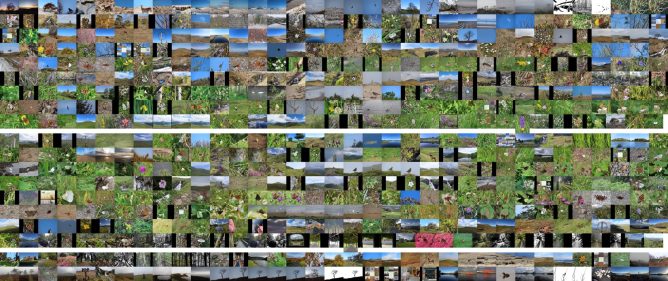
As usual I’ve made a pummelvision style video:
The featured image is a montage of the same photos and here is an average:

Because I’ve now got a local database of my flickr photos it was easy to get all my tags of the year and make a wordcloud.

And a slitscan (or a sort, given these are separate still images):
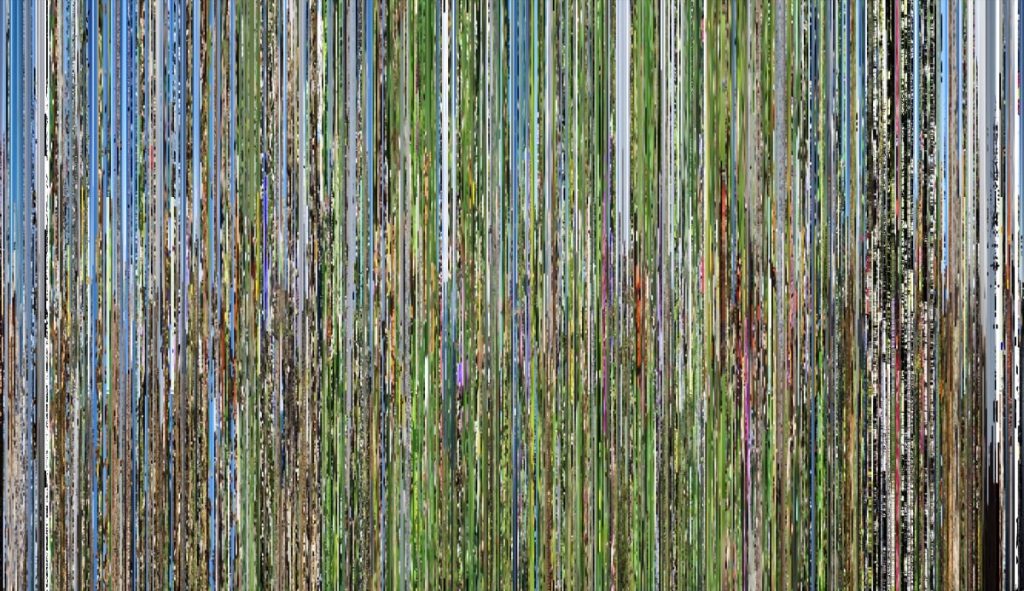
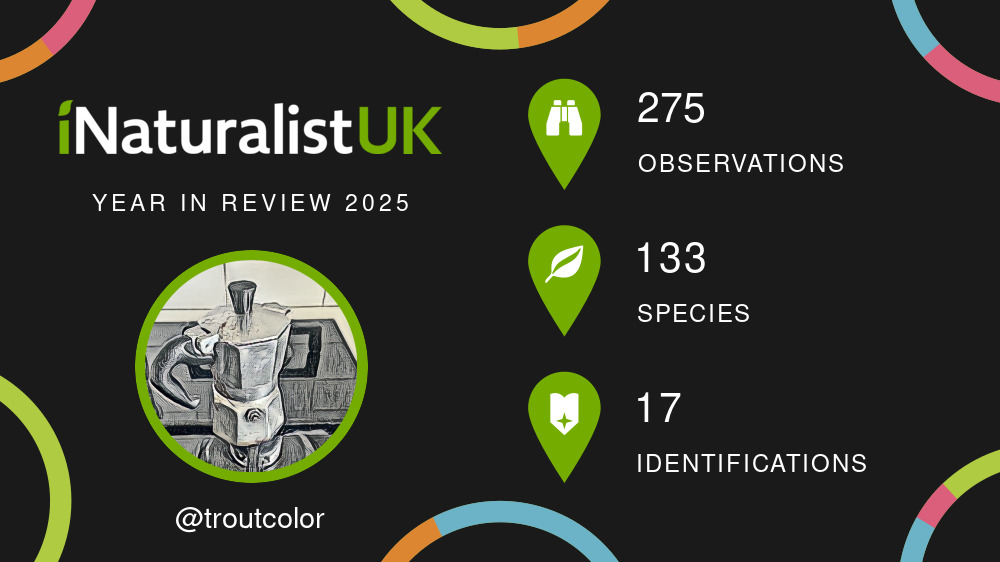
INaturalist do nice stats pages at the end of the year, mine for 2025
I’ve read over 50 books this year, the most since I started noting on this site. Retirement from full-time work is beginning to reap benefits. Looking through the whole list I find my scoring system does exactly relate to the ones that stick in my memory most. Here are the 5 stars anyway.
Read: The Book of Goose by Yiyun Li ★★★★★ 📚
As far as I can see, people handing out this verdict freely are those for whom any external movement is a sign of decisiveness, personal strength, virtue. But my chickens, with their small brains, never seem to tire of walking around, pecking, coo-ing, clawing. The geese are much more tranquil. They do not flap their wings at the slightest disturbance, and when they float in the pond, they stay still for so long that you know they would not mind spending the rest of their lives suspended in their watery dreams. Yet geese are never called passive.
And
What was a cold tombstone but a door that opened to our own secret, warm chamber? We were not liars, but we made our own truths, extravagant as we needed them to be, fantastic as our moods required. Built from scratch like our books, our games had banished M. Devaux when he became a trouble for us, catapulted me into this English finishing school, and made Meaker my only true friend in this foreign land. Our make-beliefs were our allies. How else could we thrive, if not for them: unseen, nameless, patient, always on our side?
A strange tail of two girls in post war France living in poverty with an intense relationship. Writing a book leads to a literary hoax & their separation. Violence & dirt surrounds them, hinted at in their stories, fictional & true, never fully described.
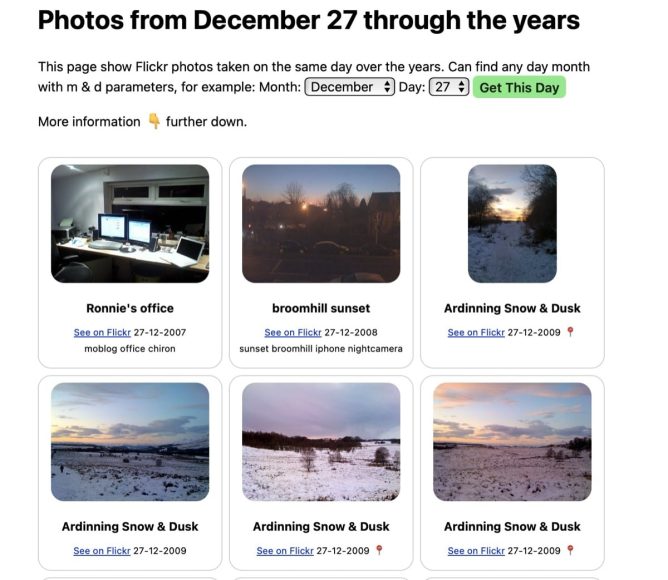
I am pretty pleased with On this Flickr Day and already find it fascinating to see photos from the same day across the years.
I left this with a few todos and have made progress.
json_encode($data,JSON_PRETTY_PRINT); for php. That could be fetched with JavaScript from my new index page.I’ve continued to talk to claude.ai a bit in the process. But I’ve been careful to ask for it to discuss approaches & not give me code. I’ve tried to describe my ideas and situation and finish with Can you run through some options & idea, without code? or similar. This has been really helpful. I continue to search for answers to problems with DuckDuckGo too as in the pre ai days.